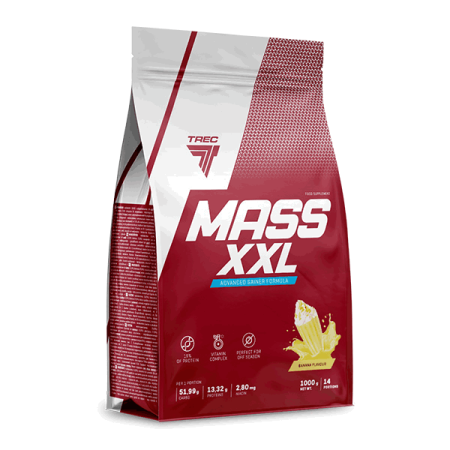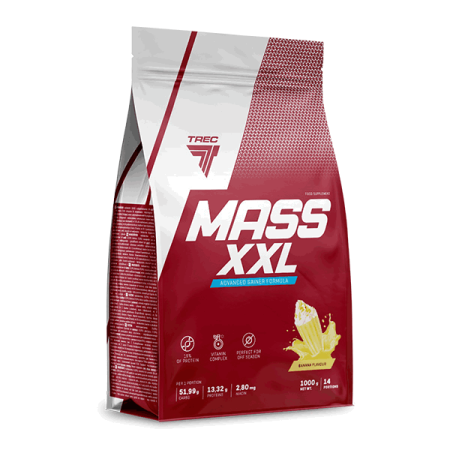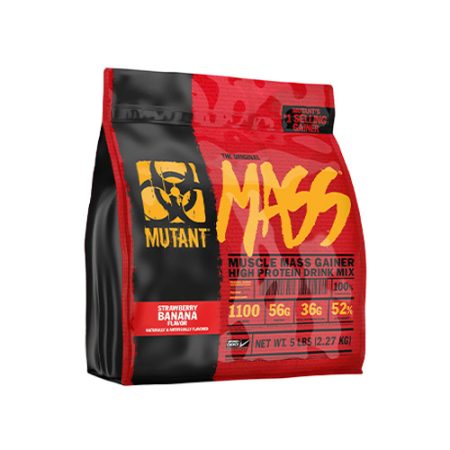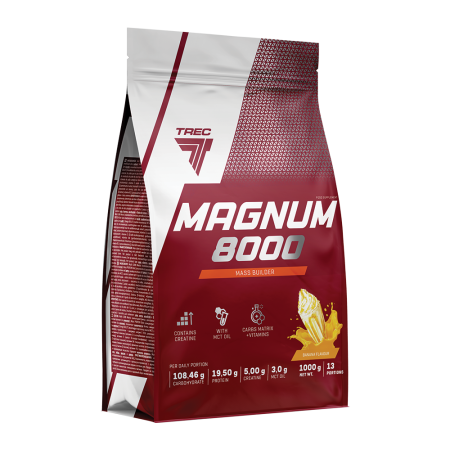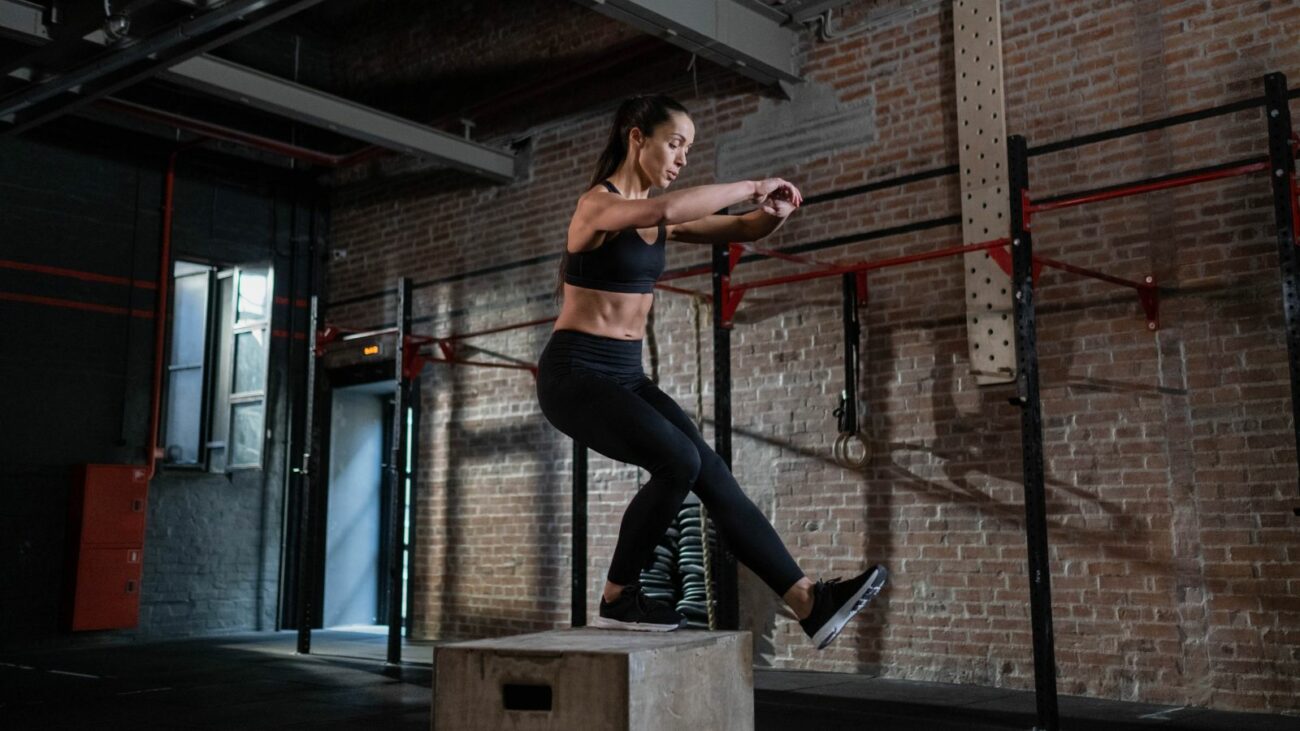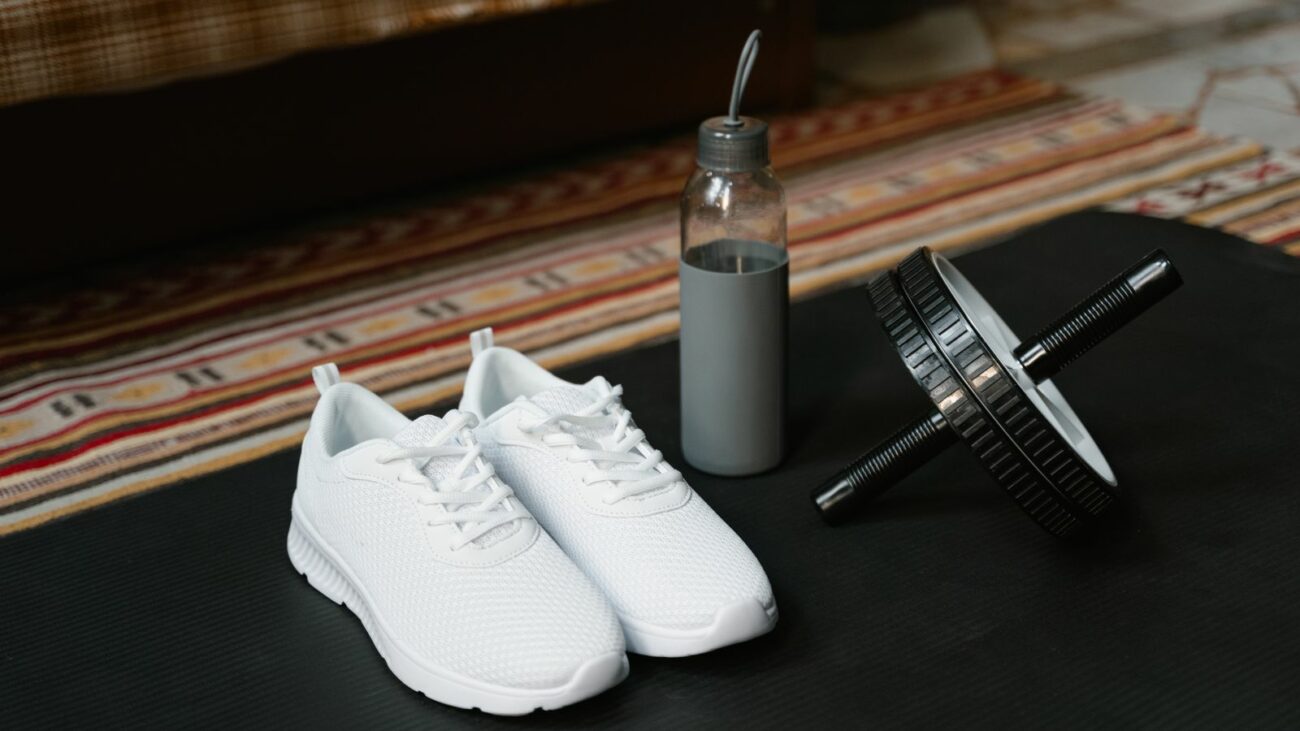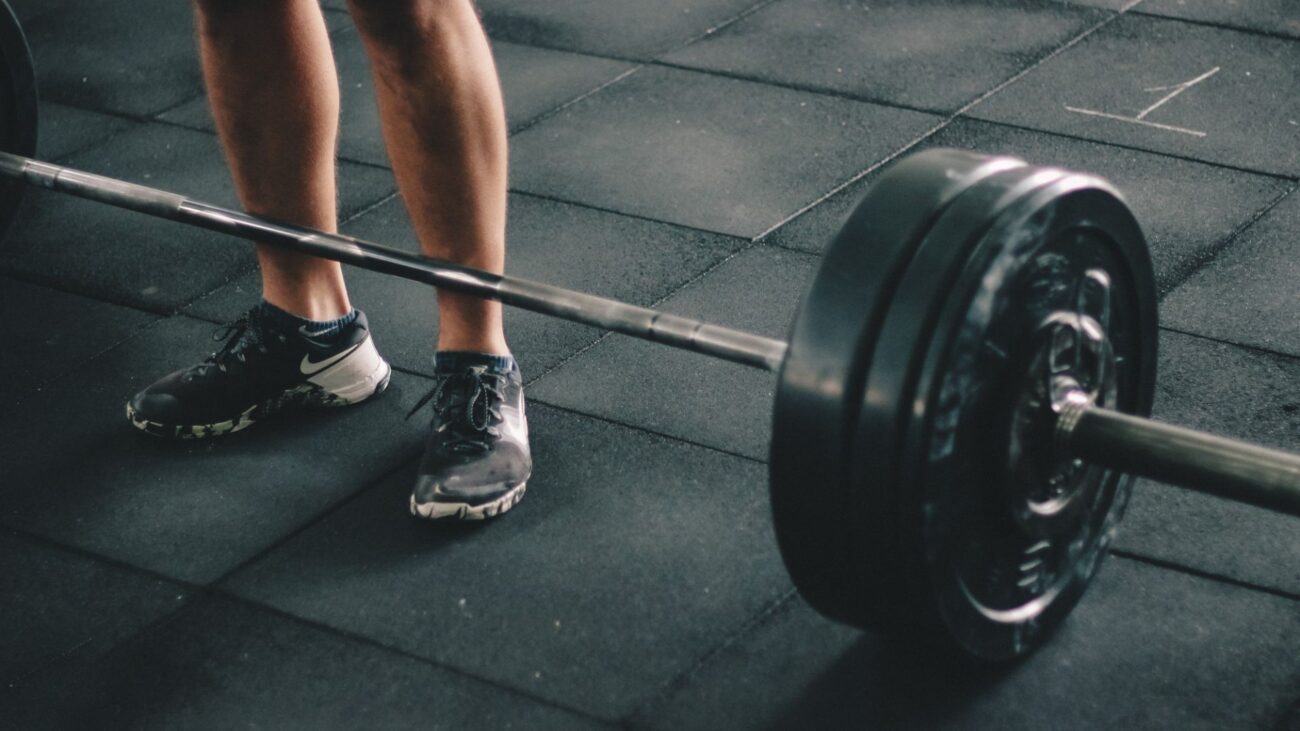Building muscle mass requires proper training, rest, and, just as importantly, a suitable diet. For many, dietary supplements play a crucial role in this process to help achieve the desired results. One of the most common dilemmas for gym-goers is choosing between a gainer and a protein supplement. In this article, I will discuss what these products are, their properties, and which one is more effective for building muscle mass.
What Is a Gainer?
A gainer is a dietary supplement designed for people who struggle with gaining weight and building muscle mass. It is a high-calorie product containing a mix of carbohydrates and proteins in various proportions. Carbohydrates are the main source of energy, helping to replenish glycogen stores after training, while protein serves as the building block for muscles.Ingredients of a Gainer:- Carbohydrates – typically make up 60% to 80% of the product. They may come from maltodextrin, dextrose, or starch, providing quick energy absorption.
- Protein – usually in the form of whey protein concentrate, soy isolate, or casein.
- Fats – present in smaller amounts, typically from plant oils.
- Additives – vitamins, minerals, digestive enzymes (e.g., lactase, bromelain), and creatine, which supports muscle growth.
What Is a Protein Supplement?
A protein supplement is a dietary product whose main ingredient is protein – the key building block for muscles. Unlike gainers, protein supplements contain minimal amounts of carbohydrates and fats, making them a more concentrated source of protein.Types of Protein Supplements:- Whey Protein Concentrate (WPC) – contains about 70-80% protein, absorbs quickly, and is suitable for post-workout recovery.
- Whey Protein Isolate (WPI) – contains about 90% protein, is purified from lactose and fats, making it better tolerated by people with lactose intolerance.
- Whey Protein Hydrolysate (WPH) – pre-digested protein that absorbs very quickly, ideal after intense workouts.
- Casein – a slow-digesting protein, often used before sleep to ensure a prolonged release of amino acids.
- Plant Protein – such as soy, pea, or hemp protein, for those following a vegan diet.
When Should You Choose a Gainer?
Gainers are suitable in several situations:- Difficulty Gaining Weight – individuals with a fast metabolism often struggle to consume enough calories from regular meals.
- Intensive Training – those who train daily, especially in endurance sports, may benefit from gainers to replenish glycogen stores quickly.
- Lack of Time for a Full Meal – a quick meal in the form of a gainer is a convenient solution when there’s no time to prepare food.
When Should You Choose a Protein Supplement?
Protein supplements are more suitable if:- You Want to Increase Protein Intake Without Extra Calories – ideal for those on a cutting diet or who have no problem meeting their calorie needs but want to increase protein intake.
- You Have Lactose Intolerance – isolates and hydrolysates are usually free of lactose.
- You Need a Quick Source of Protein Post-Workout – fast-absorbing whey proteins help kickstart recovery processes quickly.
What Is Better for Muscle Growth – Gainer or Protein?
The choice between a gainer and a protein supplement depends on your individual goals and needs:- If You Struggle to Achieve a Calorie Surplus – go for a gainer. The high content of carbohydrates and calories will help you build muscle mass faster.
- If You Aim to Increase Protein Intake Without Additional Calories – a protein supplement is the better choice. It effectively increases protein intake, supporting muscle protein synthesis.
Can You Combine Gainer and Protein?
In many cases, it is worth considering combining both products, especially if you have trouble consuming enough calories and protein throughout the day. For example:- Gainer After Training – helps replenish glycogen stores quickly and provides extra calories for recovery.
- Protein Before Bed – casein or isolates ensure a prolonged release of amino acids, supporting anabolic processes during sleep.
Summary – What Should You Choose?
The choice between a gainer and a protein supplement should depend on:- Your Training Goal – if your priority is gaining mass, a gainer will be more effective. If you want to increase protein intake, choose a protein supplement.
- Your Diet – gainers are calorie-dense, which may be problematic during a cutting phase. Protein supplements are more flexible in use.
- Your Tolerance for Ingredients – those with lactose intolerance should opt for isolates or hydrolysates.


